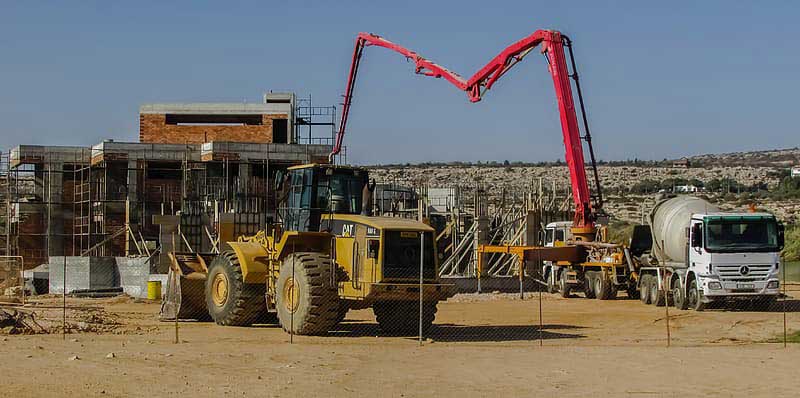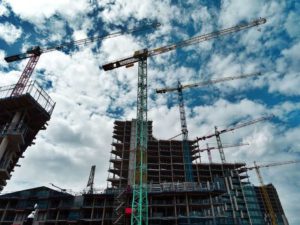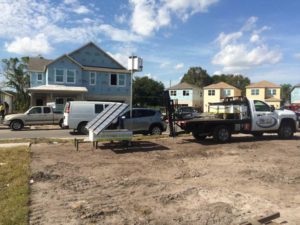Springtime is usually prime time for kicking off construction projects – but this season brings a very different reality. The COVID-19-prompted “shelter-in-place” orders sweeping the nation mandate that all “non-essential” businesses temporary close, but there’s been minimal federal guidance on whether the construction industry is considered “essential.” This means the decision of whether or not to continue construction activity lies in the hands of state officials. Construction Dive provides a great snapshot of where things stand in each state today:
- Pennsylvania has stopped all non-emergency construction projects (New York and Washington state previously issued similar mandates, but the scope of projects now considered “essential” is starting to widen).
- 15 states are allowing some essential construction projects to continue.
- 29 states are allowing all projects to continue.
- 6 states aren’t sure what to do (in other words, they haven’t yet issued statewide orders).
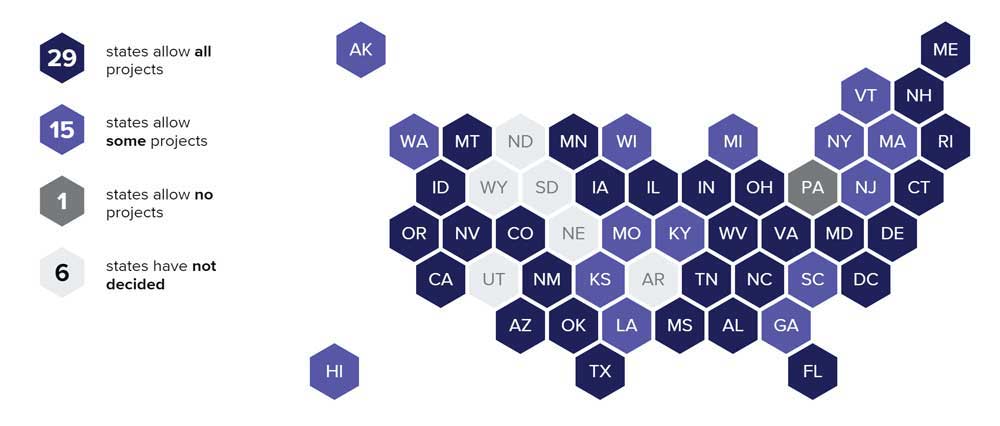
As COVID-19 spreads from the initial hotspots to other areas of the country, more officials may decide to either go the way of New York, Pennsylvania and Washington state and temporarily stop construction projects altogether, or follow the path of the 15 states limiting construction activity to essential projects only. Either option leaves many sites abandoned, which exposes construction companies to potential losses from theft, vandalism and other activities.
The National Equipment Register estimates that the cost of construction equipment theft averages $400 million annually. And that’s when the industry is operating normally. Obviously, having thousands of sites abandoned due to COVID-19 rules could inflame this problem. Washington state serves as a good case study, with the Building Industry Association of Washington reporting widespread complaints from contractors about theft, vandalism, squatting and illegal dumping on closed sites.
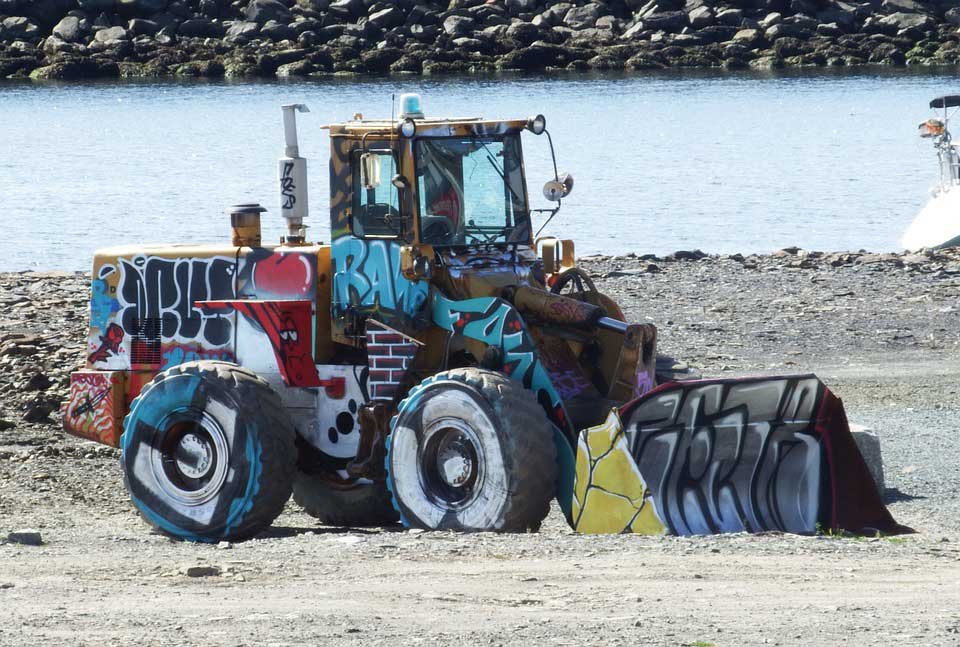
And in states where the construction industry is considered essential, and it’s business as usual, companies are facing a different set of challenges – chief among them is worker absenteeism due to fears over coronavirus, and enforcing social distancing guidelines to avoid OSHA fines. In fact, in early April, nearly 10,000 construction workers in Massachusetts participated in a “walkout” to demonstrate increasing concerns over health safety at jobsites. Fewer people on the job means workers that do show up are stretched thin, leading to poorly supervised jobsites.
Vacant Doesn’t Need to Mean Vulnerable
Jobsites may be vacant and understaffed right now, but it doesn’t mean they have to be vulnerable to crime or compliance violations. Pro-Vigil has been helping construction companies across the nation move from passive to active crime deterrence for more than 15 years. Whether through its 24×7 live remote monitoring service or its mobile surveillance unit that can be up and running within hours, Pro-Vigil enables customers to protect their jobsites, their equipment and their business even when they’re not able to be there in person. Additionally, managers can conduct compliance checks remotely on the Pro-Vigil app, reducing risks of injury, infections and fines.
Let Pro-Vigil take on the burden of security, so you can focus on employee health and safety, and the job at hand. Contact us today to see how we can help you amid the coronavirus crisis and beyond.

